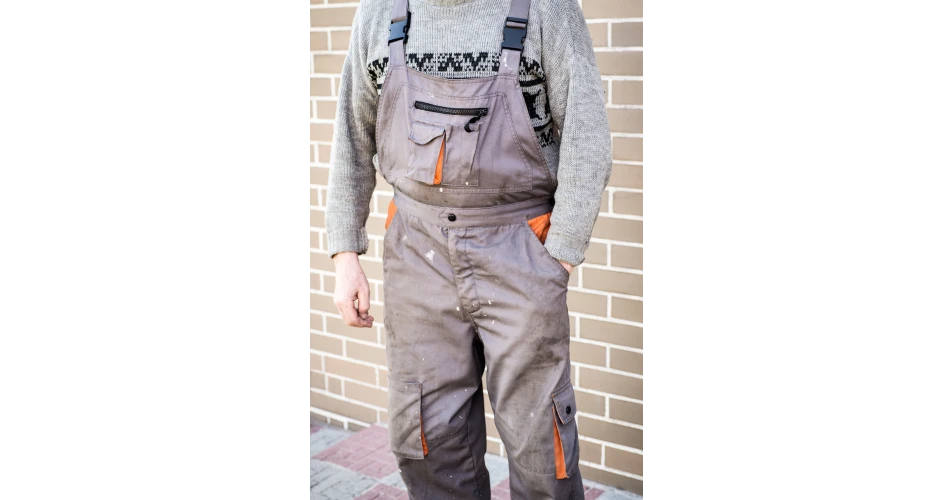The imminent arrival of fixed payment notices for non compliant refinish operators and refinish paint suppliers, is designed to provide a serious deterrent for the use and sale of solvent based paint. It is illegal to use such paints for vehicle refinishing, but anecdotal evidence would lead to the conclusion that the regulations are being ignored on a widespread basis across the country.
To further investigate the availability of solvent based vehicle paint, one of the leading compliant refinish paint suppliers in Ireland, recently arranged for a mystery shopping exercise across a number of major cities and counties. The scenario was the same in each instance. The mystery shopper approached a local refinish motor factor outlet looking to buy a small quantity of paint for spraying, making it clear that the paint would be applied to a car and requesting a specific vehicle colour. Without fail in every instance, the factor supplied a solvent based product and at no stage was the mystery shopper offered a compliant paint.
In most instances the product supplied was labelled in such a way as to indicate that it was not for use on vehicles, yet in every instance there was a clear understanding between the buyer and the seller that the paint was for a car.
The commissioners of the mystery shopping exercise say it highlights what most in the industry already know, namely that there is not a town in Ireland where you cannot but solvent paint. As far as compliant suppliers are concerned, the introduction and firm implementation of fixed payment notices is essential to stamp out this illegal trade.
But what are the wider implications of this non compliant activity for the vehicle refinishing trade in Ireland? At present, what has quietly developed is a two tier system of compliant legal operators and non compliant illegal operators. Outside of the environmental implications, non compliant operators are obviously less visible and it is not unreasonable to assume that many are operating in the black, or at best grey economy. This means they may not be incurring costs such as taxes and rates as well as the cost of regulatory compliance. This lower cost base means they can undercut legitimate operators, especially for retail business. Effectively the playing field is not level and the legitimate bodyshops who have invested in compliance are the ones that suffer especially in more rural areas.
The idea of shady operators in back streets and barns also does nothing for the public image of what is an increasingly hi-tech and complex business and this can have an impact in areas such as vehicle safety as well as environmental damage.
The findings of the mystery shopping exercise will be passed on to the EPA, so that the local authorities in question can investigate the illegal activity. Other non complaint suppliers should also be warned that the first applications of the new fixed payment notices will see the net on this activity tighten very soon.
